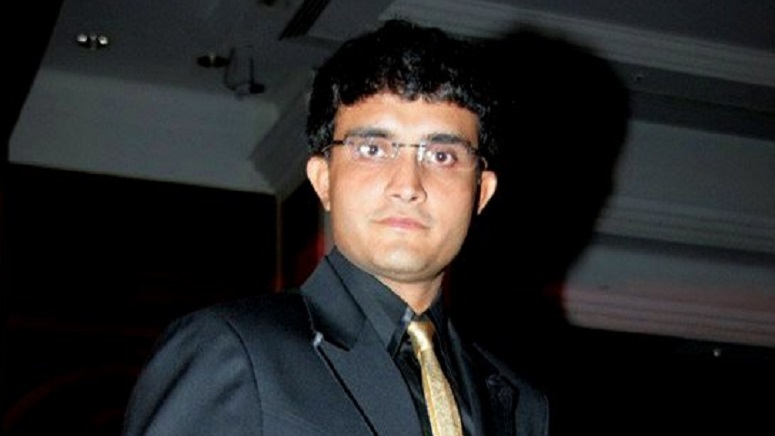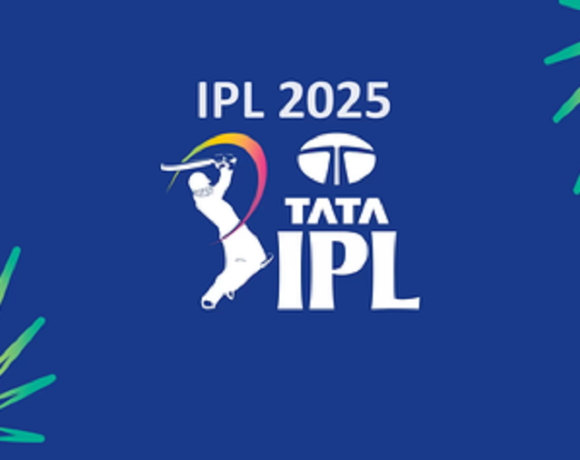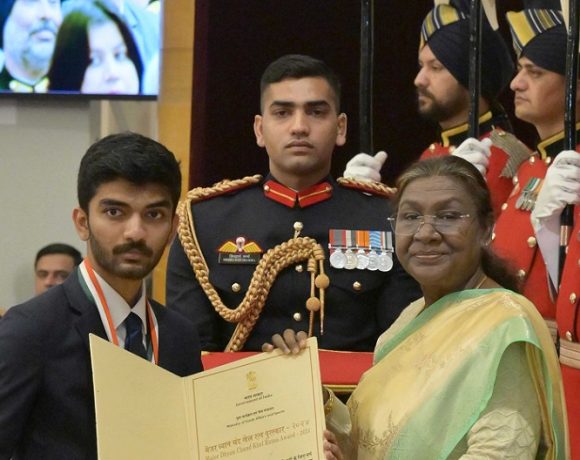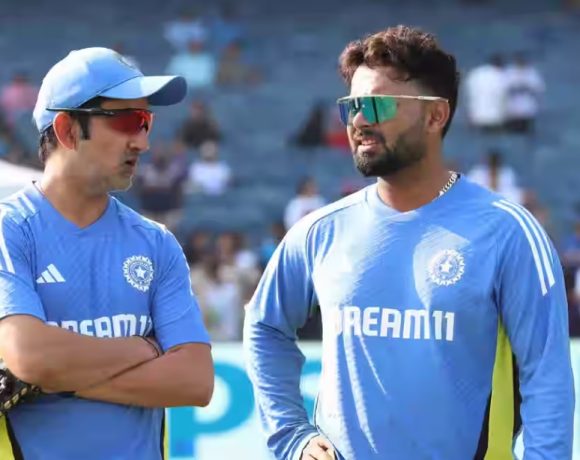
Ganguly Calls for Severing Cricket Ties with Pakistan
In a strong reaction following the Pahalgam terror attack, former Indian cricket captain Sourav Ganguly has called for an immediate end to all cricketing ties with Pakistan. His comments reflect the growing public outrage against continued sports relations with a nation widely accused of harboring and sponsoring terrorist activities.
Sourav Ganguly Pakistan Statement
Speaking to reporters, Ganguly said, “100 per cent, India should do this (break ties with Pakistan). Strict action should be taken. It has turned out to be a joke that such things are happening every year. Terrorism cannot be tolerated.” His statement comes days after the tragic attack in Pahalgam’s Baisaran meadows where 26 people, including 25 Indians and one Nepali citizen, were killed in a brutal firing incident.
The terror outfit responsible, linked to Lashkar-e-Taiba, had openly claimed responsibility, reigniting demands across India to sever any form of engagement, including sporting events, with Pakistan.
India Pakistan Cricket Fallout
Cricketing ties between India and Pakistan have already been strained for over a decade, limited only to clashes during ICC and ACC events. Bilateral series have been suspended since 2012, largely due to political tensions and frequent terror attacks allegedly orchestrated from Pakistani soil.
Ganguly’s comments add weight to the call for India to take a definitive stand by refusing to share even sporting platforms with Pakistan. Many voices within India’s sporting community believe that symbolic gestures like boycotting matches could reinforce the country’s commitment against terrorism on international stages.
Pahalgam Terror Impact
The massacre at Pahalgam has been described as one of the worst attacks on civilians in recent years in the region. Gunmen had indiscriminately fired upon tourists, creating widespread fear and mourning across the country. In response, India has already undertaken a series of diplomatic and strategic actions, including the suspension of the Indus Waters Treaty, closure of borders for Pakistani nationals, and revocation of visas.
While Pakistan has denied any involvement, the evidence and admission from terror groups affiliated with its soil have left little room for doubt in public perception. As tensions continue to escalate, Sourav Ganguly’s call to halt cricketing ties echoes the sentiment of a nation unwilling to normalize relations with a country perceived to be complicit in repeated terrorist atrocities.
The pressure on sporting bodies and diplomatic channels is now mounting to ensure that cricket does not become an arena where acts of terrorism are conveniently overlooked in the name of sportsmanship.


















